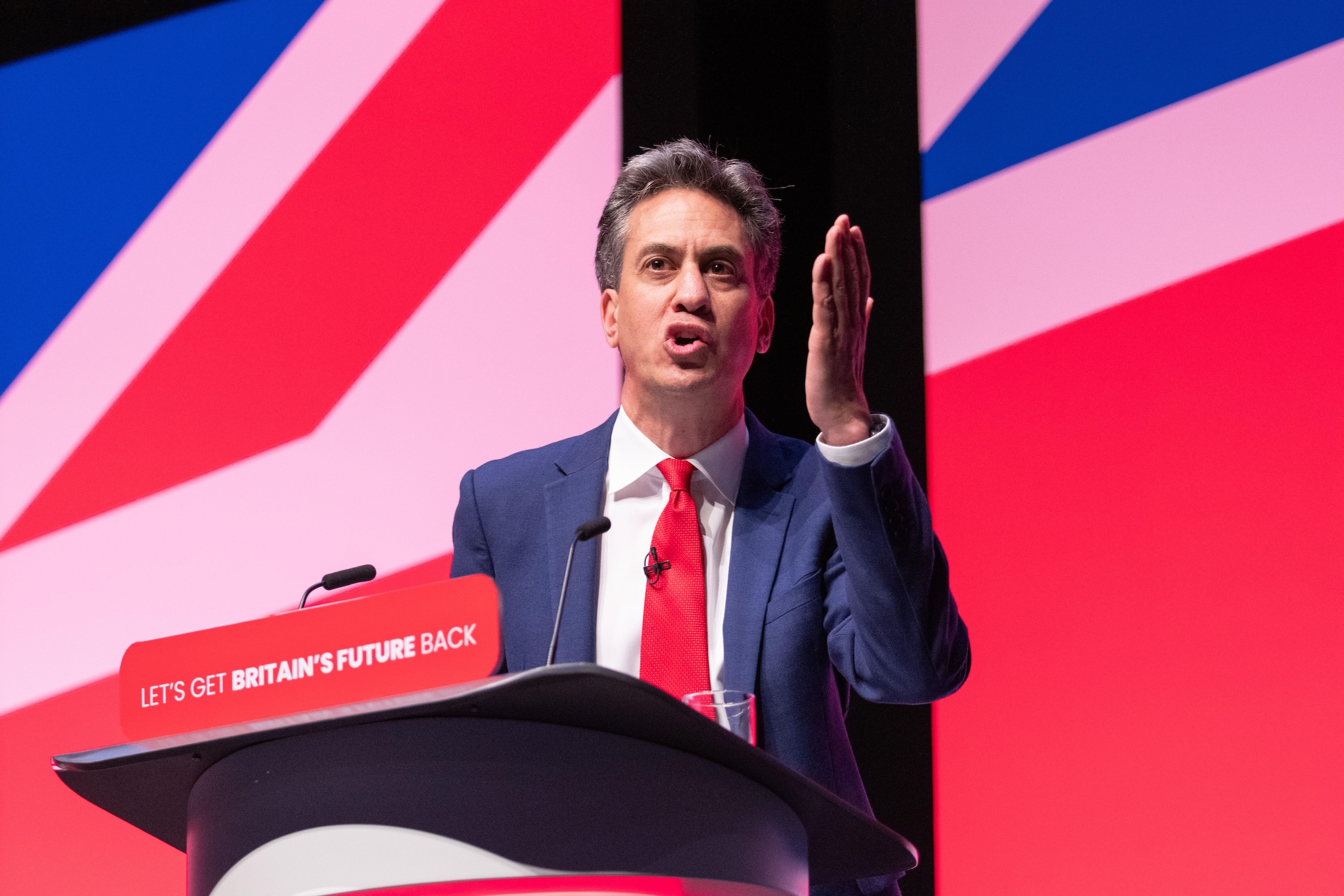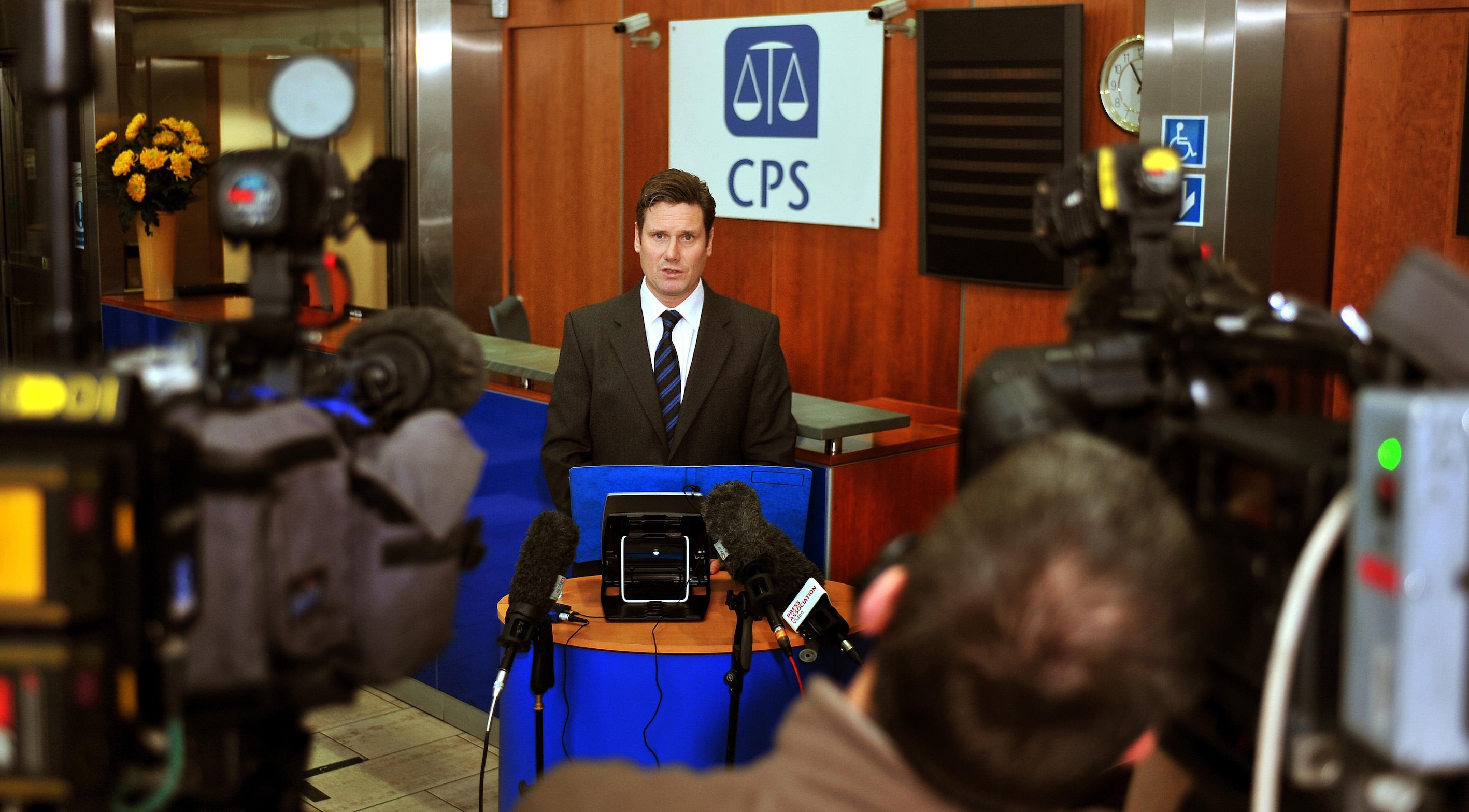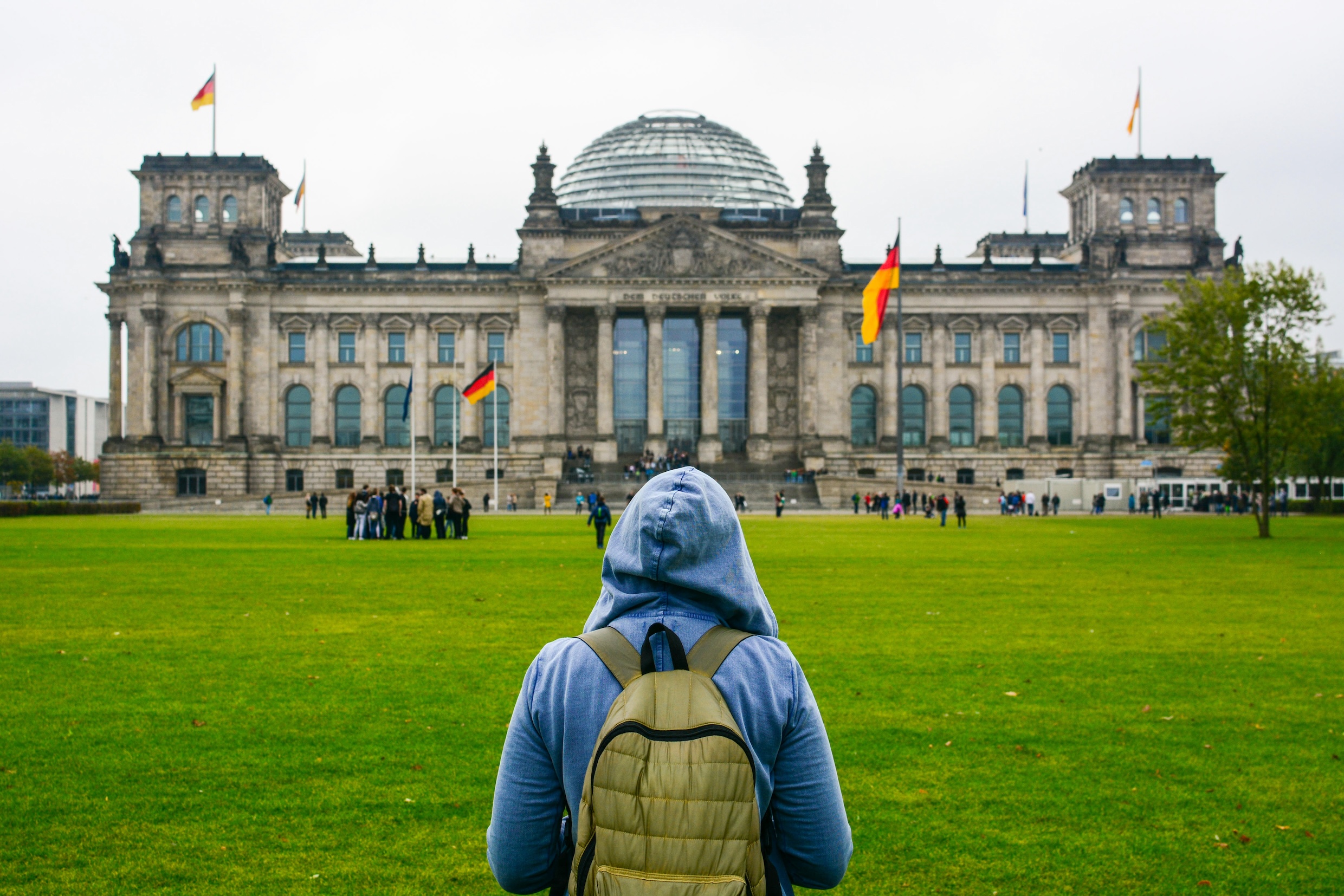Election manifestos: Labour promises the goods but dances around money
With most of the 2024 election manifestos out, here’s our quick recap of what the major political parties are offering.
This week, the major political parties laid out their plans in their manifestos. With less than three weeks until election day, it’s now up to us - the voters - to scrutinise proposals and determine which politicians are telling the least lies.
While the manifestos offer a glimpse into the parties' visions and where future coalitions may arise, one holds significantly more weight. With Labour set to secure a commanding parliamentary majority, its 130-page document has attracted the most attention and analysis.
Firstly, Labour’s chapter on serving the country is significant, and sets the tone for their intention in parliament. Broken trust has been a prevalent theme of this election, with a lot of anger at both major parties. A whole chapter dedicated to explaining how Labour works for the people and will restore accountability and transparency is important. But will this filter through to the general public? And does the manifesto go far enough to reverse over a decade of Tory disarray?
Secondly, this manifesto has a strikingly positive tone compared to the Conservative one. On the green transition, Labour uses phrases like “clean superpower”, contrasting the Tories’ “affordable and pragmatic transition to net zero”.
Labour also seems more concerned with the country’s place on the international stage, offering a whole chapter on global cooperation.
The chapter on housebuilding is potentially one of the most promising and consequential. A target of 1.5 million new homes means standing up to the NIMBYs and enforcing compulsory purchase orders – all things desperately needed to improve Britain’s productivity.
Right now, the biggest criticism of Labour's manifesto is centred on finance. The party promises “no return to austerity” but has the smallest fiscal package of the major parties. Labour is banking on growth, a risky strategy for a country that has been stagnating for the past decade.
With funding promised to go towards more NHS appointments and hiring 6,500 teachers, a big question hangs over what will happen to unprotected government departments, which could face cuts worth £19bn on current projections. Exciting projects like Great British Energy will also realistically need more money to deliver on ambitions. The maths is unclear. Are wealth taxes for the super rich on the horizon?
Somewhat embarrassingly, the Conservative manifesto embodies the crazy idea of “doing the same thing over and over again and expecting different results”. Key policies include cutting national insurance (yes, again) and abolishing it for the self-employed, regular flights to Rwanda and a legal limit on migration, cuts to welfare and civil service numbers, net-zero without “unaffordable eco-zealotry” (i.e., investment), and tougher sentences with new prisons. It’s a depressing vision of the future and proof that they’re out of ideas and morale.
The Lib Dems are focusing on differentiating themselves from Labour and the Tories by heavily emphasising care and the NHS. Ed Davey’s party wants to increase public spending, scrap the two-child benefit cap, rejoin the single market, implement proportional representation, ban conversion therapy, and recognise non-binary identities. With the number of Lib Dem seats predicted to grow thanks to tactical voting, the party's progressive politics is only welcome.
The Greens, too, want to spend – raising money through various taxes on the wealthy and increasing national insurance. Under them, public investments would be spent on the NHS, care, social housing, scrapping university fees, net zero by 2040, nationalising railways, water and energy. The only thing is, they also want to dismantle Trident – likely an unpopular move with much of the world embroiled in wars and violent conflict.
Plaid Cymru strives for long-term Welsh independence with a pragmatic manifesto aimed at appealing to the non-converted. The party wants more devolution, fair funding for the country, net zero by 2035, and to rejoin the single market. It also wants to scrap the Rwanda plan and calls for a ceasefire in Gaza. Will this vision be enough to stop a huge Labour majority in Wales?
As ever, the promises made in these manifestos will be tested against the harsh realities of governing a country in decline. We live in a rapidly changing world – one that's getting more volatile due to climate change and rising global inequality. So can Labour deliver on their promises, and deliver quickly? And will the Tories ever get out of the groove they’re stuck in?
The SNP and Reform manifestos are still on their way and are expected to be released next week.
The Lead is now on Substack.
Become a Member, and get our most groundbreaking content first. Become a Founder, and join the newsroom’s internal conversation - meet the writers, the editors and more.





